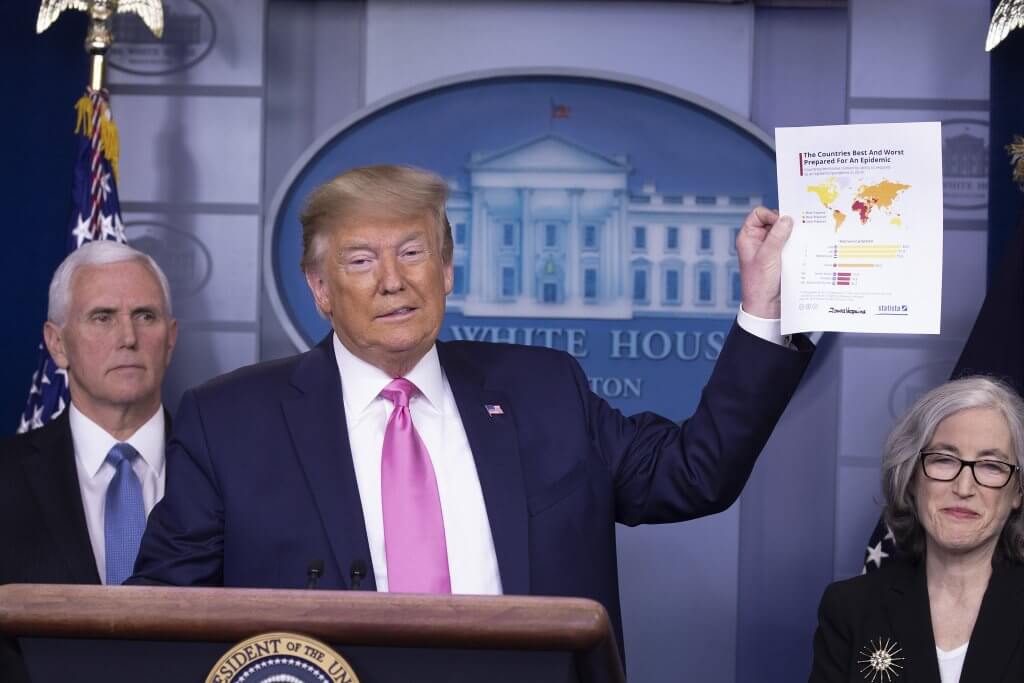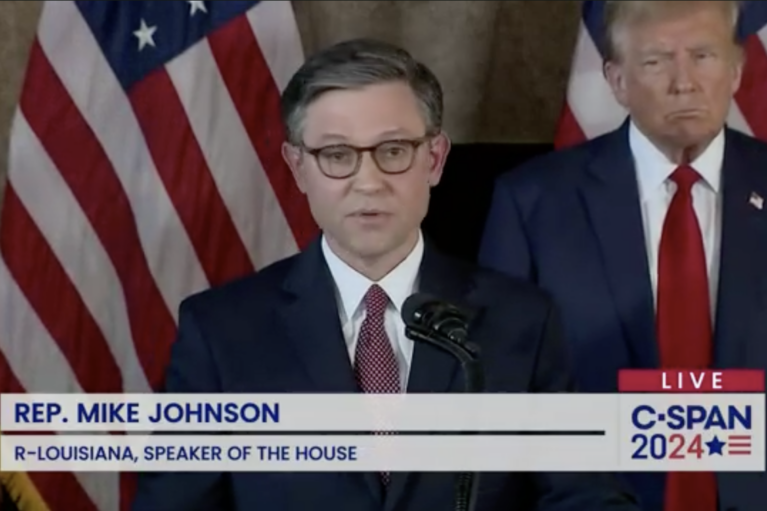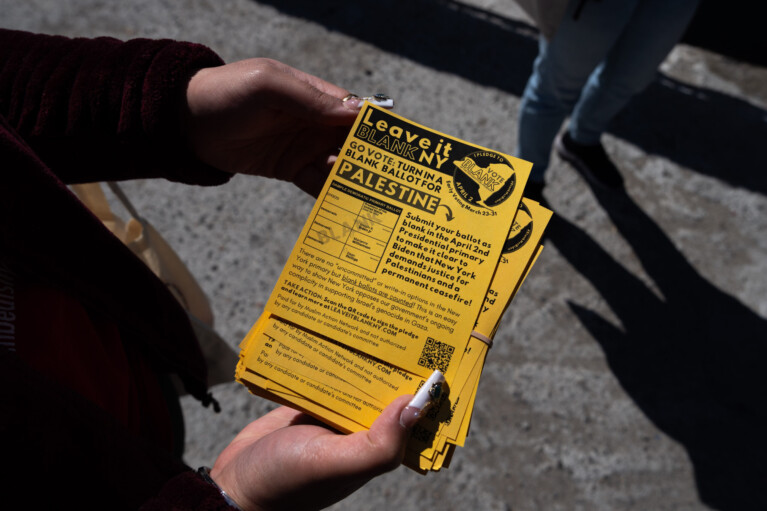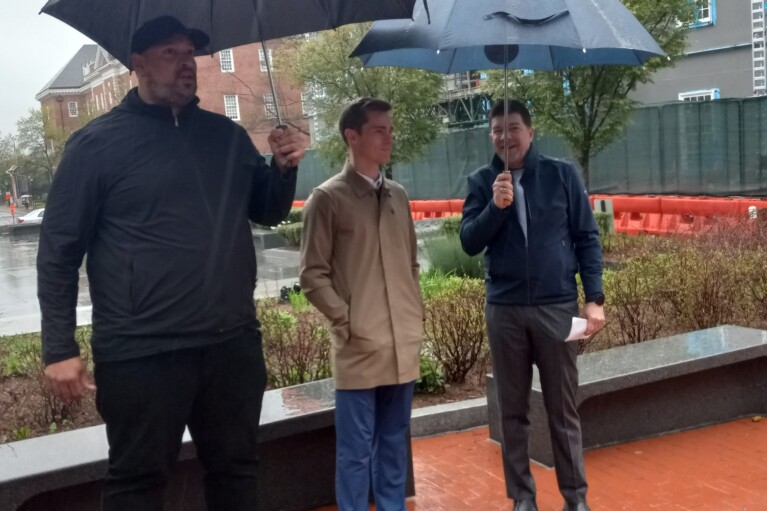
In less than six months, voters in the United States of America will decide the future of our nation. And make no mistake, the verdict will tell us quite a bit about who we are and where we are heading as a country. And here’s the bad news: it’s going to be a very long, and isolated, summer.
We are polarized as never before. Nerves are frayed on both sides. Families don’t speak, and neighborhood gatherings (when there were neighborhood gatherings) invoke a “no politics” gag rule to maintain decorum.
In the midst of this toxic environment, I continue to maintain that this election will not be about deep policy divisions. Are there serious policy differences between the two parties? You bet. On health care, guns, LGBTQ rights, a woman’s right to choose, climate change, the environment, immigration, and tax policy, there are deep divides. In fact, COVID-19 has highlighted the gulf on health care and guns as never before.
When an administration is in court trying to deny Americans health care coverage while 30 million people are uninsured and hundreds of people march on a state capital with assault weapons and dare the State Police to engage, we are at a crossroads in our nation’s future. But as I’ve written before, those aren’t the issues that will be front and center on Nov. 3.
Voters will have to decide whether or not decency and empathy still matter in the United States of America. They either do or they don’t. There is no middle ground.
Like many of you, I have been watching way too much television over the past six weeks. Netflix, PBS, Apple, Disney, Hulu. You name it, I’ve seen it. And while channel surfing this week, I was moved to tears by two presidents, one Republican and one Democrat. And those tears bring me to this conclusion: in addition to decency, empathy will also be before the voters this fall.
Days after the horrific events of 9/11, President George W. Bush stood in the Oval Office trying to respond to reporters about America being under attack and the loss of thousands of innocent lives. His emotions took over, and he could not finish his remarks. He had to leave prematurely.
Several days later, he stood amidst the rubble at Ground Zero and grabbed a bullhorn in that now famous exchange, “I can hear you. The rest of the world hears you. And the people who knocked down these buildings will hear all of us soon.” It was unscripted, and it was raw emotion.
Would the president go on to make serious foreign policy mistakes that would haunt us for decades? Of course. But in the immediate moment of crisis when Americans needed to know that their leader felt what they felt and hurt like they hurt, W was able to do just that.
And then Netflix debuted the Michelle Obama documentary, “Becoming,” based on her best-selling autobiography that included one of the most poignant moments in presidential history. It recalls that fateful day of June 17, 2015 when an unstable young man bearing a Glock 41 walked into the Emanuel African American Episcopal Church in Charleston, S.C., and assassinated nine people, including Pastor Clementa Pinckney. Nine days later, President Obama and the first lady attended funeral services for Pastor Pinckney at the church.
As part of his nationally televised eulogy, the president said, “This whole week, I’ve been reflecting on this idea of grace. The grace of the families who just lost loved ones. The grace that Reverend Pinckney would preach about in his sermons. The grace described in one of my favorite hymns.”
And then the president sang, and a nation sang with him. “Amazing grace how sweet the sound.” White, black, short, tall, gay, straight, north, south, east or west. It didn’t matter. On that day in June, we all asked the Lord to save a wretch like me.
Two presidents. Two parties. Two different political philosophies. One universal belief that the soul of America matters. And it matters because there are key moments in our nation’s history when we put aside our divisions and come together to heal. And we count on presidents to help us navigate that difficult journey. Or at least we always did.
Ernest Hemingway once wrote that, “The world breaks everyone, and afterward, some people are strong at the broken places.” When we needed it most, President Bush and President Obama helped us to become stronger in our broken places.
Our current president simply cannot do that. He is devoid of that empathetic gene. It is just not there. Recently, when White House reporter Peter Alexander asked President Trump what he would say to the American people who are scared (a softball question if there ever was one), the President’s response was to simply say that this veteran newsman was a “terrible reporter” and then invoke the tired “fake news” retort.
The question begged for an empathetic response. Instead, it brought forth division. In writing about empathy, historian Doris Kearns Goodwin recalls Teddy Roosevelt warning that if we ever become so divided by region, religion or race or start seeing our neighbors as “the other” rather than common citizens, that’s when democracy will break. That is exactly where we are at this point in our nation’s history.
So six months out, what does it all mean? The polls will go up and they will go down. The president’s 40-45% support won’t vary much. Remember that national polls do not matter. Let me repeat: national polls do not matter. We do not have national presidential elections.
For better or worse, we have an Electoral College. Issues are important, but yet they are not. Why? Because the most important thing on the ballot in November is whether or not we deserve a leader who is decent and empathetic. Do these qualities matter or not? That is the only question that will matter on Nov. 3, 2020. You decide.
— DON MOHLER
The writer is the former Baltimore County executive and President and CEO of Mohler Communication Strategies. He can be reached at [email protected].




 Creative Commons Attribution
Creative Commons Attribution